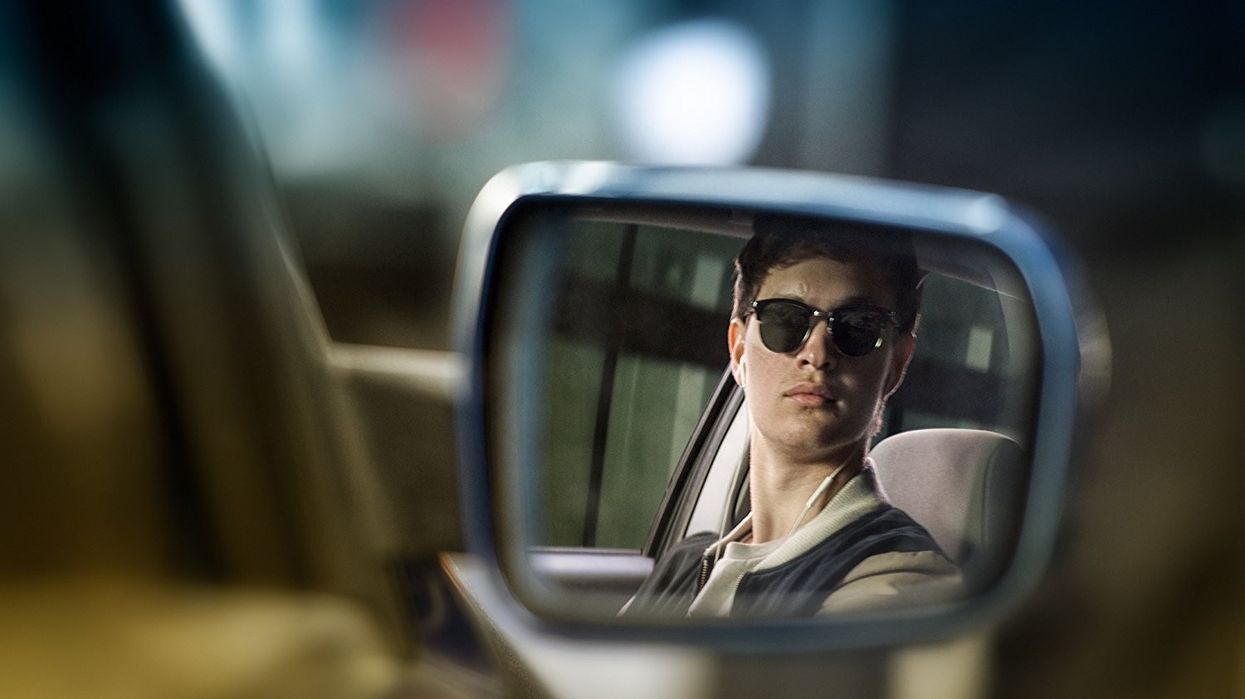Watch: Take a Look Back at the Films That Inspired 'Baby Driver' and 'Drive'
The origins of these stoic getaway drivers can be traced back to the samurai. Seriously.

Most good stories have lineage, meaning that they come from much older stories. It's not that there's nothing new under the sun, it's that solid storytelling always circles back to a handful of origins. Take Edgar Wright's Baby Driver, for instance, and Nicholas Winding Refn's Drive. The films are united by their cool, silent, good-looking, somewhat mysterious protagonists, played with great restraint by Ansel Elgort and Ryan Gosling, respectively, who do little but drive criminals from one place to another and yet somehow manage to be the icy nucleus at the center of each film's respective atom.
As Patrick (H) Willems astutely shows us in his new video essay, these two films both have their origin in a Walter Hill film from the late '70s called The Driver, about a strikingly similar character. And yet the lineage doesn't stop there.
Jean-Pierre Melville's film Le Samourai addresses a very similar character: played by the suave Alain Delon, the protagonist is a hodgepodge of cultural references, ranging from film noir heroes like Alan Ladd's character in This Gun for Hire to the singularity and monolithic focus of the Japanese samurai ideal. The filmmaker uses the character's silence as a storytelling tool. If one character says little and makes few gestures, any action that character takes becomes all the more explosive.

When Walter Hill made his own version of Le Samourai with The Driver, as Willems suggests, he was, in a sense, creating a cinematic form made for imitation—with a character and a story open-ended enough that later filmmakers could modulate it at will for their own purposes. When developing a story for your own film, consider its relationship to the stories you've been watching and hearing throughout your life—is there a connection? If so, how deep is it?

What is it about the idea of a getaway driver that is so fascinating? Willems fancifully points out the scores of filmmakers, from Wes Anderson to Steven Soderbergh, who could potentially make their own, highly personalized variations on the life and misadventures of such a character. It's almost as if the figure of the getaway driver is the equivalent of the queen in chess--while all the other characters in a film proceed along predictable tracks, the simplicity of the driver's trajectory is such that he could go in any number of directions. And in so doing, he becomes the quintessential existential hero, all action, all decisiveness, no deliberation. Just driving, endlessly onward.
What are your favorite character archetypes? Let us know in the comments!











